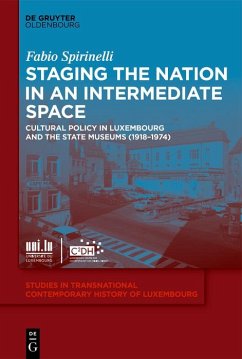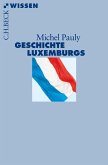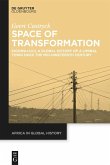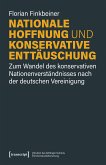In Luxembourg, the evolution of cultural policy remains underexplored despite its pivotal role in the nation-building process. This book investigates how national cultural policy evolved from the 1920s to the early 1970s, casting Luxembourg as a nationalized intermediate space between French and German influences. Featuring a case study of the history and art section of the State Museums - the precursor to today's Musée national d'archéologie, d'histoire et d'art - the book examines the interplay of structures, actors, and discourses and how a cultural institution was intertwined with cultural policy. The study exposes the tensions between adopting external models, on the one hand, and asserting a distinct national culture amid interventionist policies, on the other hand. By including the occupation period from 1940 to 1944, it illustrates how Nazi policies challenged Luxembourg's nation-building by seeking to integrate it into the Third Reich. Combining theoretical analysis with archival research, this work offers nuanced insights into nation-building processes and is highly relevant for historians, cultural policy scholars, and museum professionals.
Dieser Download kann aus rechtlichen Gründen nur mit Rechnungsadresse in A, B, BG, CY, CZ, D, DK, EW, E, FIN, F, GR, HR, H, IRL, I, LT, L, LR, M, NL, PL, P, R, S, SLO, SK ausgeliefert werden.









